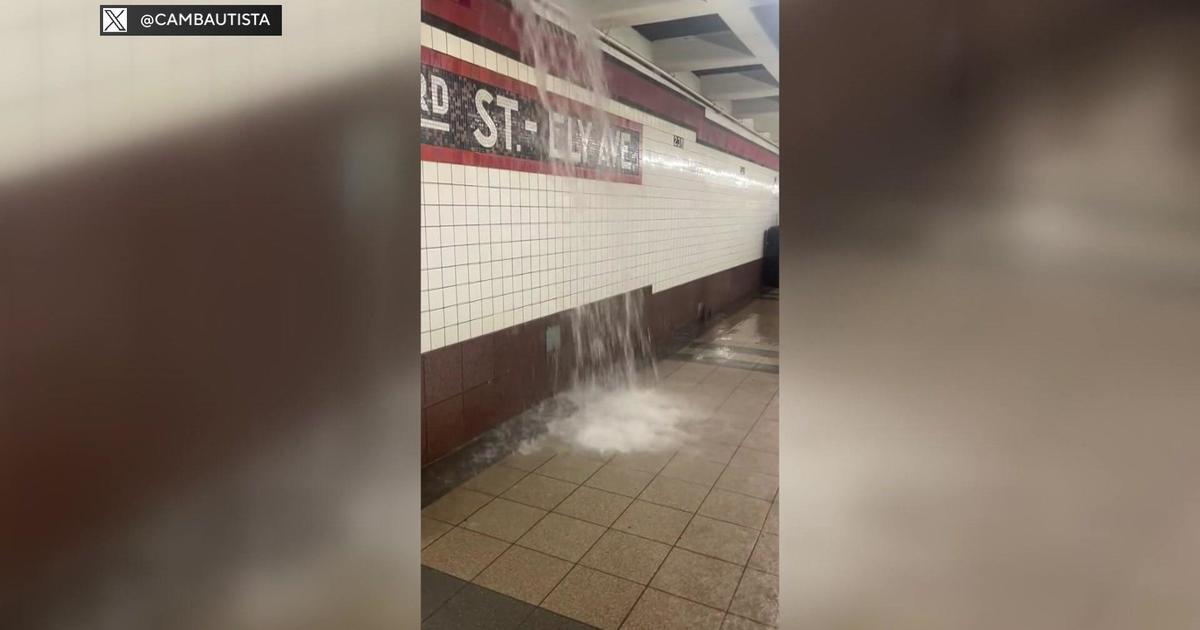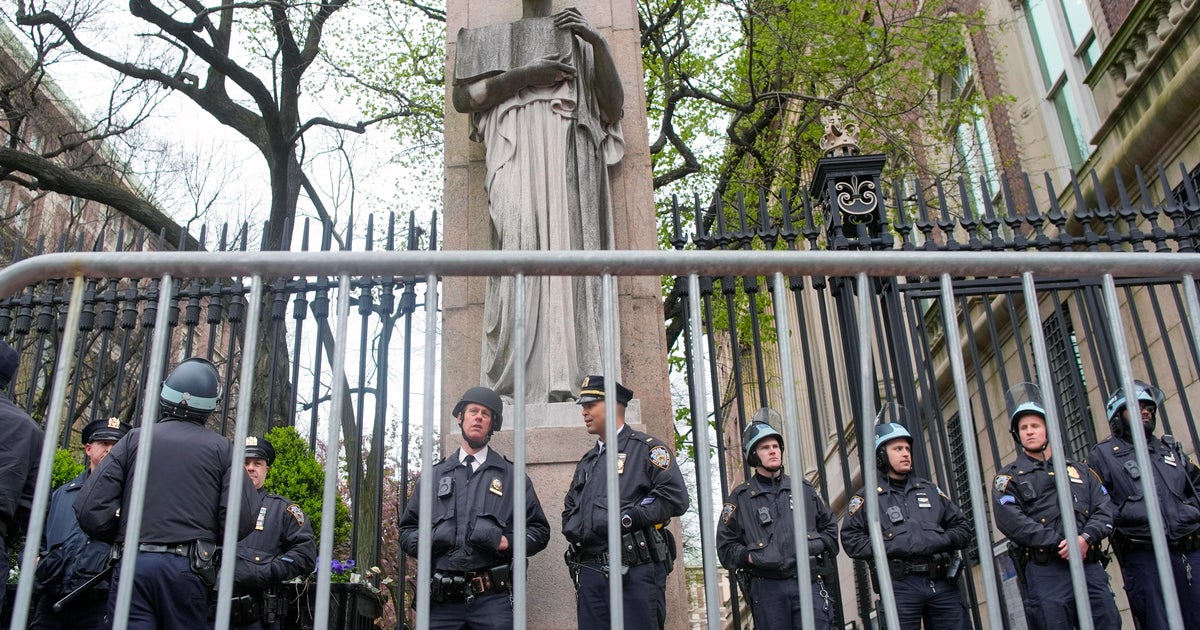NY Unveils New Pro Bono Requirement For Lawyers
ALBANY, N.Y. (AP) -- New York will require lawyers to perform 50 hours of pro bono work as a condition for getting a license under a rule that will take full effect in 2015, judicial officials said Wednesday.
The requirement, aimed at helping fill the legal needs of New York's poor, will apply next year to first- and second-year law students. The work can be done anywhere in the U.S. or in a foreign country.
Under the rule, adopted last week by the Court of Appeals, the free legal work can also be done in public service for the judiciary or nonprofits.
"There should be no higher aspiration for a lawyer than to work in the public interest, with this new rule going a long way to foster the values of pro bono legal assistance and public service that are so fundamentally rooted in our profession," Chief Judge Jonathan Lippman said.
Lippman first announced the program in May and revealed details Wednesday with other judicial officials at New York University's law school in Manhattan. He had appointed an advisory panel that recommended the specific steps, which were approved by the Administrative Board of the New York Courts.
Applicants will have to file an affidavit describing the nature, place, hours and dates of their pro bono work, with a certification from a supervising attorney or judge. It can be done through law school clinics, internships, legal offices that do pro bono work or during employment after graduation.
About 10,000 new lawyers pass the state's bar exam each year. More than 20 law schools nationally require students to do pro bono work, while most others have clinics where students can get that experience.
New York officials said theirs is the first such state licensing requirement in the U.S. It won't apply to practicing attorneys from other states or jurisdictions that have licensing reciprocity with New York.
Several states recommend their lawyers do 50 hours of pro bono work annually, according to the American Bar Association. New York recommends at least 20 hours, though court system spokesman David Bookstaver said that is going up to 50 hours.
"This requirement arose primarily to respond to the crisis in access to justice," the advisory committee, chaired by Judge Victoria Graffeo and attorney Alan Levine, said in a September report.
"More and more people are navigating the complexities of the court system, in New York and around the country, without the assistance of an attorney," the report said. "In New York State alone, millions of such litigants appear in court annually, many of them fighting for the essentials of life -- housing, family matters, access to health care and education, and subsistence income. Providers of free legal services for low-income New Yorkers are turning away eligible clients because of lack of resources, having no choice but to leave them to fend for themselves."
The Nassau County Bar Association said a further deferral until 2016 would have been preferable, as well as an exception for law students attending night school and employed full time. The group, noting it has long been a strong proponent of voluntary pro bono work, said it opposes mandatory service, regardless of whether an attorney is already admitted to practice or just completing law school.
"There are many remaining questions as to how law schools, legal service providers and other outlets of pro bono activities will be able to accommodate the influx of law students seeking to fulfill the mandatory pro bono requirements without a corresponding source of funding," the association said.
Janai Nelson, professor at St. John's University School of Law and associate director of the Ronald H. Brown Center for Civil Rights and Economic Development, said the rule upholds the principles of public service at the root of the legal profession, while the 2015 requirement gives current students ample opportunity to comply.
The requirement "not only provides sorely needed legal access to those who cannot afford it, but offers prospective lawyers in New York State the opportunity to build legal skills under the supervision of a judge or licensed attorney and gain valuable experience before entering a challenging job market," Nelson said.
(Copyright 2012 The Associated Press. All Rights Reserved. This material may not be published, broadcast, rewritten or redistributed.)



